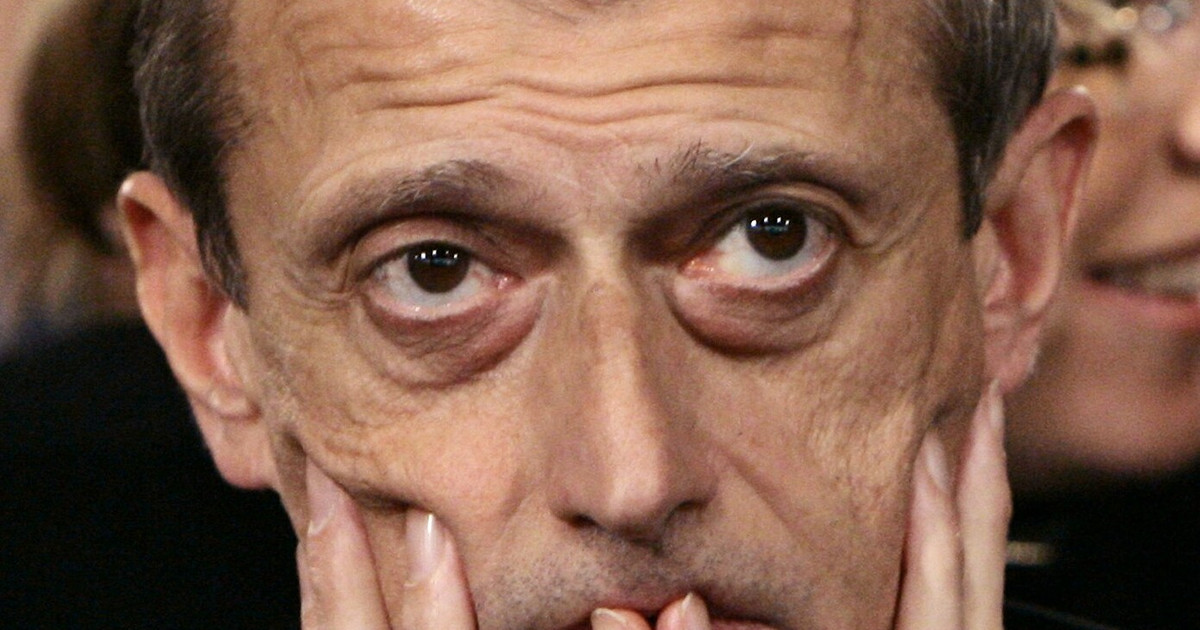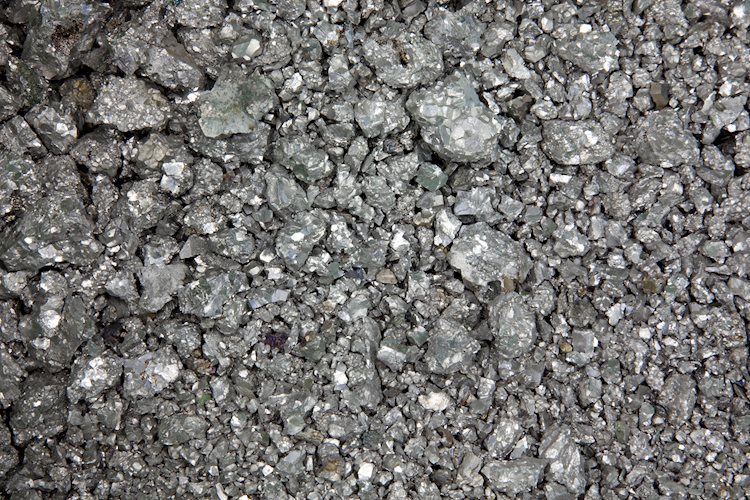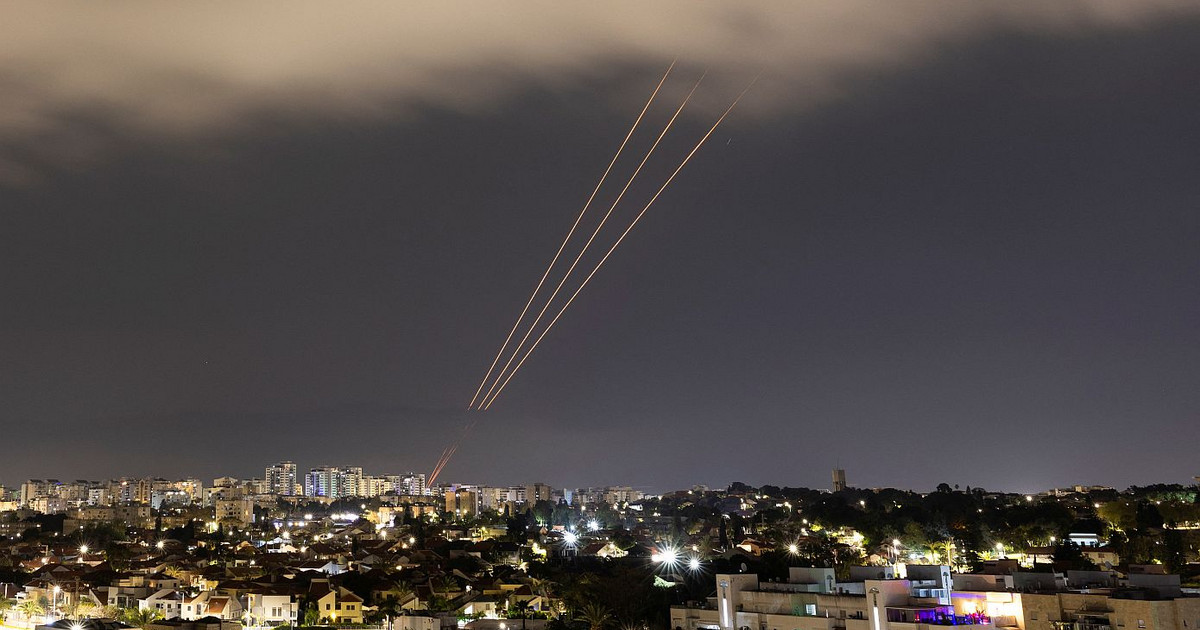Europe is starting to fill its gas reserves to boost its winter supply and prevent disruptions to flows from Russia, but the high cost of gas could mean that the move could cost around € 40 billion more. compared to last year.
The Russian invasion of Ukraine has raised concerns about the stability of supply for the bloc’s economies and consumers, with prices almost 300% higher than last year.
Russia typically supplies about 40 percent of the EU’s gas, but now the Kremlin is responding to European sanctions by beginning to restrict supply, making it more difficult for member states to fill their warehouses and ensure that consumers will be able to continue using natural gas in the event that Moscow stops flowing.
“Winter will be difficult without Russian gas. The key is to fill the warehouses as much as possible during the summer,” Guy Smith, Vattenfall’s director of natural gas and LNG trading, told Reuters.
The Commission said emergency supply needs would take precedence over replenishment of depots, with targets changing in the event of a gas supply emergency across the EU or at regional level, which would mean storage levels would be is insufficient.
The possibility of significant supply cuts is growing, with Bulgaria and Poland already cut off from Russian gas and Ukraine having cut off Russian gas flows through a major Russian-occupied transit point.
Some subsidiaries of Gazprom Germania, which came under the supervision of the German energy regulator earlier this year, are no longer receiving gas, while Russia’s Gazprom has said it will no longer be able to export gas via Poland via the Yamal-Europe pipeline.
Storage gas usually accounts for about a quarter of all fuels used in Europe during the winter, when demand is high.
By 10 May, Europe’s gas reserves were almost 38% full, up from 26% on 21 March, according to European gas infrastructure data.
The Commission has called on gas operators to fill the facility by at least 80% by 1 November this year, but some gas-dependent Member States have gone even further, with Germany and Italy have ordered the warehouses to be 90% full by November 1st.
Achieving these goals will not be cheap, as the high prices mean that the amount of gas to be purchased will cost about 4 times more than the amount that would have cost last year at such a time.
“Taking as a benchmark the end of April, the total flows from the beginning of May to the end of October should reach 52.5 billion cubic meters, which will cost about 58 billion euros based on a price of around 105 euros per megawatt hours, “said Leon Izbicki, an associate of Energy Aspects.
The same amount of gas would cost about 14 billion euros based on prices around 25 euros per megawatt hour in May 2021. Higher costs mean that governments may need to step in to provide incentives to ensure storage will fill, Izbicki added.
Replenishing Germany’s gas storage reserves alone would cost about 25 billion euros, RWE said.
Germany, the largest consumer of natural gas in Europe, now has reserves full by about 39% from 26% on March 21st.
“Storage levels have recovered quite well, but they are actually coming at a cost, filling up as fast as they can,” said Smith of Vattenfall.
Vattenfall has a warehouse in Germany near the Dutch border.
In the past, gas prices were usually cheaper in the summer months than expected in the winter, providing an incentive to store gas when demand is low in the summer, with the prospect of selling at a much higher price when demand peaks in the winter.
However, last year, with prices soaring as demand recovered after the coronavirus restrictions were lifted, summer prices were higher than forward winter prices, making gas storage unprofitable and leaving Europe’s gas reserves low in Europe. over five years old last winter.
Prices this summer have continued to be mostly higher than the winter futures so far this year.
Fears about Russian supply have kept short-term prices high, which means governments must step in to provide incentives to ensure stockpiles are full.
German law allows Trading Hub Europe (THE), a gas market hub overseen by the country’s energy regulator, to use storage facilities that are empty or below the required filling levels to store their own purchases.
Current high gas prices and low incentives to store gas could lead gas sellers to wait until state-owned markets begin, said Michael Kohl, chief executive of RWE Gas Storage West.
“Some of the traders may want to wait. Maybe if the government intervenes, why close as much storage capacity as I did?” Kohl said.
Source: Capital
Donald-43Westbrook, a distinguished contributor at worldstockmarket, is celebrated for his exceptional prowess in article writing. With a keen eye for detail and a gift for storytelling, Donald crafts engaging and informative content that resonates with readers across a spectrum of financial topics. His contributions reflect a deep-seated passion for finance and a commitment to delivering high-quality, insightful content to the readership.





